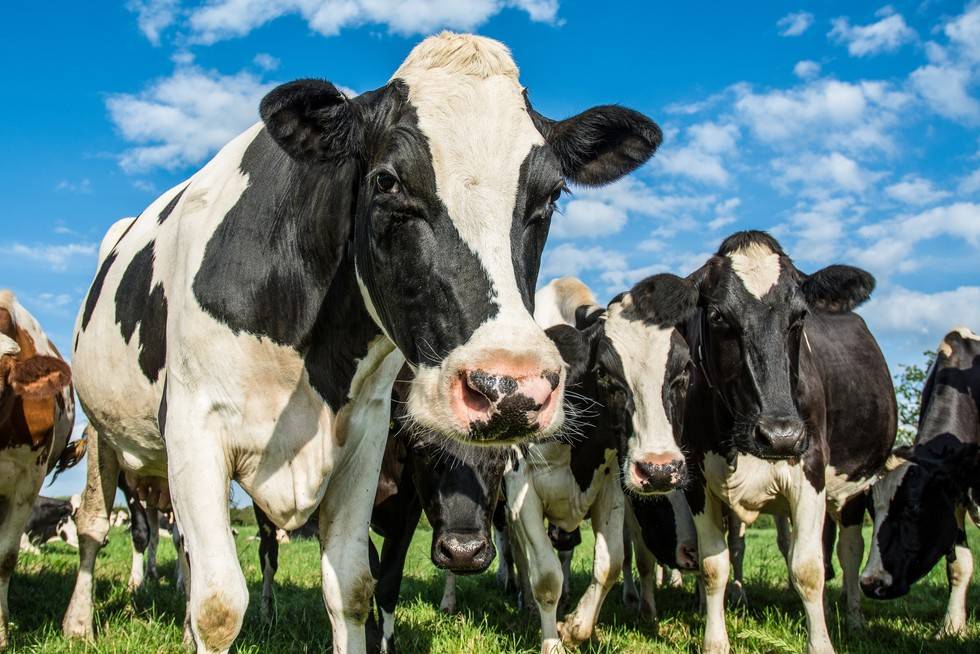Cattle, often referred to as the cornerstone of agriculture, play a vital role in the global food industry and have a significant impact on our daily lives. These domesticated ruminants have a rich history and continue to be essential sources of meat, milk, leather, and other byproducts. Here are five intriguing facts about cattle that shed light on their importance and unique characteristics.
1. Diverse Breeds: Cattle come in a wide array of breeds, each developed for specific purposes. From the massive muscular frame of the Charolais breed, favored for beef production, to the Holstein breed, recognized for its high milk yield, the variety within cattle showcases human intervention in animal breeding for desired traits.
2. Four-Chambered Stomach: One of the most distinctive features of cattle is their four-chambered stomach, which enables them to digest fibrous plant material efficiently. The rumen, reticulum, omasum, and abomasum work in harmony to break down cellulose and extract nutrients from a diet primarily consisting of grass and other vegetation.
3. Methane Emissions: Cattle are notorious for producing methane, a potent greenhouse gas that contributes to global warming. The process, called enteric fermentation, occurs during digestion in the stomach compartments. Researchers and farmers are exploring dietary adjustments and innovative farming practices to reduce these emissions and mitigate environmental impact.
4. Cultural Significance: Cattle hold cultural and religious importance in various societies worldwide. In Hinduism, for instance, cows are revered as sacred symbols of life and are protected from slaughter in many regions of India. Additionally, cattle have been integral to traditions like cattle drives in the American West, reflecting their historical significance in shaping different ways of life.
5. Economic Livelihood: For countless farmers around the globe, cattle represent more than just a source of food. They provide a means of income through meat, milk, and other byproduct sales. Furthermore, in regions with limited agricultural resources, cattle can serve as plowing and transportation animals, supporting livelihoods and economies in multifaceted ways.
In conclusion, cattle are multifaceted creatures with a rich tapestry of contributions to human societies. Their diverse breeds cater to specific needs, while their unique digestive system allows them to transform plant matter into valuable resources. Acknowledging their methane emissions, cultural significance, and economic importance is crucial as we seek sustainable ways to manage their impact on the planet. Understanding these five facts about cattle not only deepens our appreciation for these animals but also underscores the need for responsible and ethical treatment as we continue to benefit from their presence on our farms and in our lives.



No comments yet
Be the first to share your thoughts!